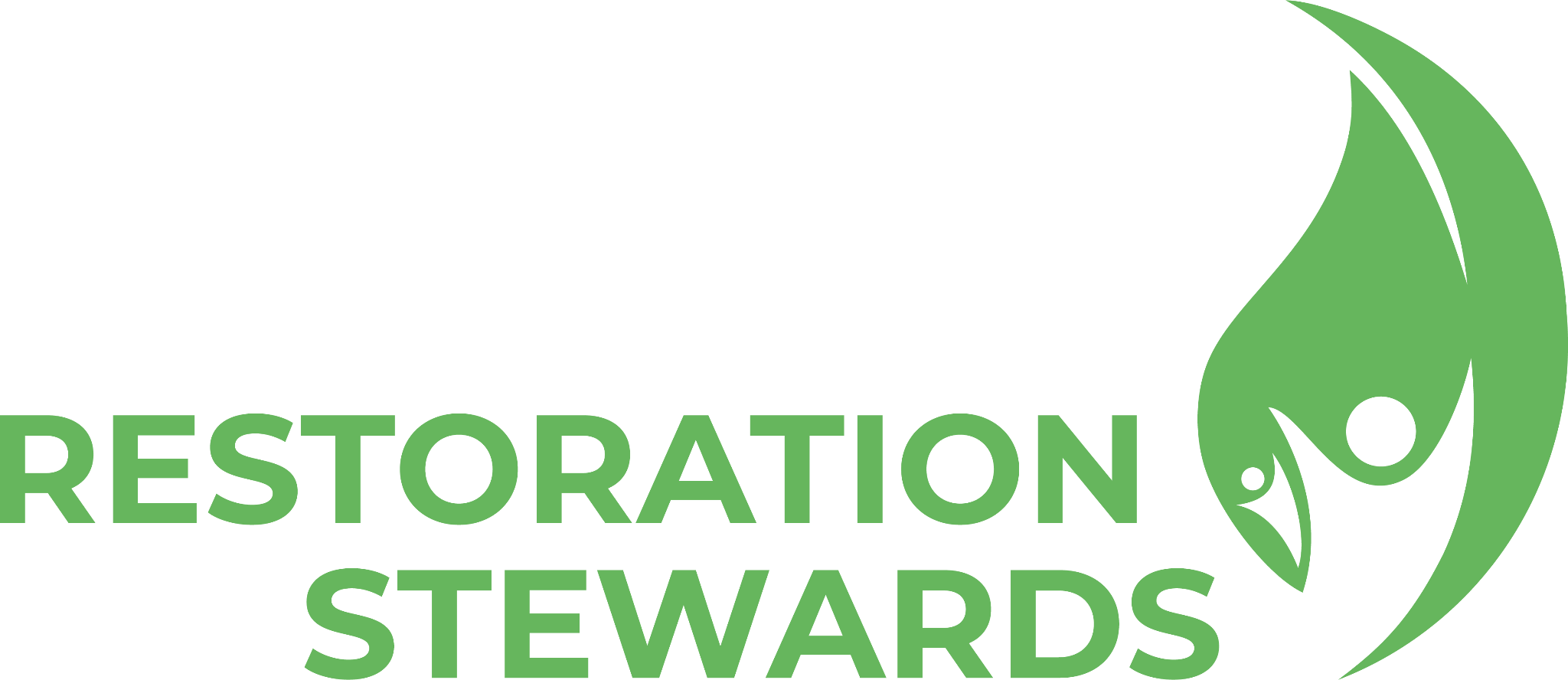Co-creating restoration from local governance in coastal territories
One of the questions we are asked most about our project in Sisal is how and at what level is the local community involved? People wonder how we demonstrate our interest in conservation? And how does this interest materialize in concrete actions to care for the environment?
After sharing these questions with colleagues and advisors, the concept of local governance comes to mind as a key piece of our work.
Since the 1970s, the coastline of the Yucatan Peninsula has been an epicenter of tourism and real estate development that has attracted powerful sources of national and foreign investment, mainly in the Mexican Caribbean. Today, the coast of Yucatan is presented as a blank canvas that promises new opportunities for economic growth.
Could this canvas offer a different growth model, a truly sustainable one?

Collective decision-making as governance
To talk about local governance is to talk about how decisions are made in and about a territory. Who participates? What knowledge is valued? How are conflicts between the different uses of space and natural resources resolved? In a rural coastal community, governance is usually a mixture of formal structures,such as municipalities, police stations and federal programs, and community practices that come from experience, traditional knowledge and customs.
Although there are ecological plans and programs to regulate land use and preserve the environment, these instruments rarely work at a community scale. Thus, in the face of the growing interest in developing rural territories, there is a regulatory limbo that hinders adequate, legitimate and sustainable decision-making.

The question then is not only how to use and conserve the ecosystem, but how to strengthen the local structures that protect it. How is informed community participation facilitated? What alliances can be built between institutions and communities? How are the benefits of development redistributed without compromising the ecological basis that sustains them?
Adaptive governance
The climate crisis is not only transforming coastal ecosystems, it is also testing traditional ways of organizing and planning. Adaptation must start from governance; that is, from the way a community decides to respond to changes across their environment and ,social, cultural and economic customs.
It is necessary to adopt more flexible, inclusive governance models, to incorporate historically marginalized voices. We need models that value local knowledge and recognize its central role in caring for the territory. Decision-making must be collective, co-responsible and in harmony with the ecosystems that sustain us.

Adapting local governance also means thinking long-term, not only in terms of the next program or political cycle, but also in terms of the well-being of the next generations. This implies looking at restoration not as an event, but as a sustained, deeply political and social process.
Sisal as an example: Restoration and governance
Sisal is a coastal community on the Yucatan Peninsula that directly experiences the tensions between conservation, community well-being and the growth of tourism and real estate development. These external pressures cause rapid and profound transformations in a territory that is ecologically fragile and socially diverse.
In this context, the work of our collective has shown that restoration and conservation must also be social and political processes, deeply rooted in the community. The creation of spaces for dialogue, participatory workshops, educational activities with children and young people, conversations with other local actors and capacity building are steps towards stronger, fairer and more resilient local governance.
We do not seek to impose answers, but to open processes. In Sisal, conservation has become a meeting point between generations, knowledge and perspectives. Restoration, for us, is a way of imagining and building a common future.

Taking care of our territory
Betting on local governance means trusting that communities can make well-informed decisions for their territories becuase they know their land best. We should better value genuine community participation, the power of collective agreements and strengthening local capacities to act against the climate crisis.
At Reciclando Dunas, we believe that restoration goes hand in hand with strengthening the social fabric. Taking care of our territory means having our voices heard. When we make decisions about our land and people we do so from the grassroots, with inclusion and commitment, which can pave the way for fairer and more sustainable ways of inhabiting the coast.


